Successful Efforts vs Full Cost Accounting: An Introduction
Oil and gas exploration companies in the oil and gas industry have two choices in accounting for exploration and development costs.
Successful efforts accounting is a method which writes off expenses associated with exploration, including unsuccessful wells.
Full cost accounting is a method that capitalizes the exploration costs and drilling of wells, regardless of the success or failure of the well. Both methods have been around for more than 50 years, and both methods are used by companies large and small. There are three main differences between successful efforts accounting and full cost accounting which impact the financial statements.
Differences Between Successful Efforts Accounting and Full Cost Accounting

The first main difference is how accounting is handled for the drilling of an unsuccessful, exploratory well.
Under successful efforts accounting, these costs are expensed when it is determined that the well will not produce.
Under full cost accounting, the costs are capitalized and then amortized over the estimated life of the oil and gas reserves. Therefore, in the case of an unsuccessful well, a company using successful efforts will expense a higher amount earlier in the life of the field than a company using full cost accounting. This will cause a successful efforts company to report lower net income earlier in the life of the field than a full cost company.
Conversely, a full cost company will amortize and recognize expenses of unsuccessful wells later into the life of the field. This method stretches the costs of an unsuccessful well over a long period of time. It causes a full cost company to report more net income earlier in the life of the field. However, the amortization of the unsuccessful expenses over time will cause net income to be lower until the amount is fully amortized under the full cost accounting method.
Successful Efforts properties are depleted on a field/lease level while Full Cost properties are depleted country by country
The second main difference is how accounting is handled for other exploratory costs including geological and geophysical costs as well as any costs of carrying unproved properties. Geological and geophysical costs can include costs of studies conducted such as seismic surveys of underground formations.
Costs can also include the right to access properties to conduct those seismic surveys. Under successful efforts accounting, costs are expensed immediately which directly impacts the income statement. Under full cost accounting, costs are capitalized and amortized over the estimated life of the reserves.
Now for the third difference. The Financial Accounting Standards Board (FASB) issues guidance in the Accounting Standards Codification® (ASC®) for Generally Accepted Accounting Principles (GAAP) in the United States.
Specifically, the ASC provides guidance oil and gas exploration companies in ASC 932 Extractive Activities—Oil and Gas. The ASC provides guidance using the successful efforts method of accounting. While FASB does not require companies to use successful efforts to conform with GAAP, they do not provide guidance on the full cost method.
The Securities and Exchange Commission (SEC) does provide guidance on accounting using the full cost method. Full cost accounting guidance can be found in the SEC’s Regulation S-X Rule 4-10. The SEC allows publicly traded companies to choose either the full cost or successful efforts method of accounting.
Because successful efforts and full cost impact the balance sheet and income statement differently, the method of accounting impacts the comparability of companies who use different methods. Companies must disclose which method of accounting they used in their notes to the financial statements. This disclosure also includes information about continued capitalization of exploratory well costs.Accredited Petroleum Accountants® (APAs®) are knowledgeable on successful efforts and full cost accounting. As the source for oil and gas accounting, the Council of Petroleum Accountants Societies® (COPAS®) developed the APA® examination to cover all facets of petroleum accounting, including full cost and successful efforts accounting matters.
COPAS POLICIES: Complaints | Cancellation & Refund Policy


















